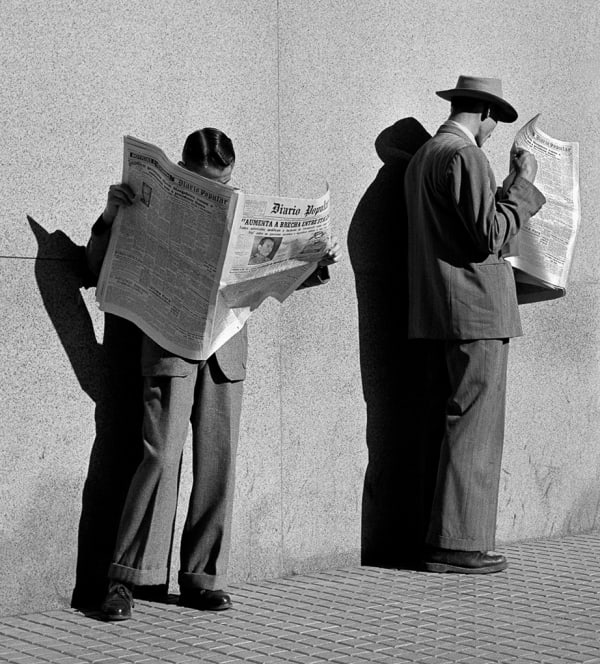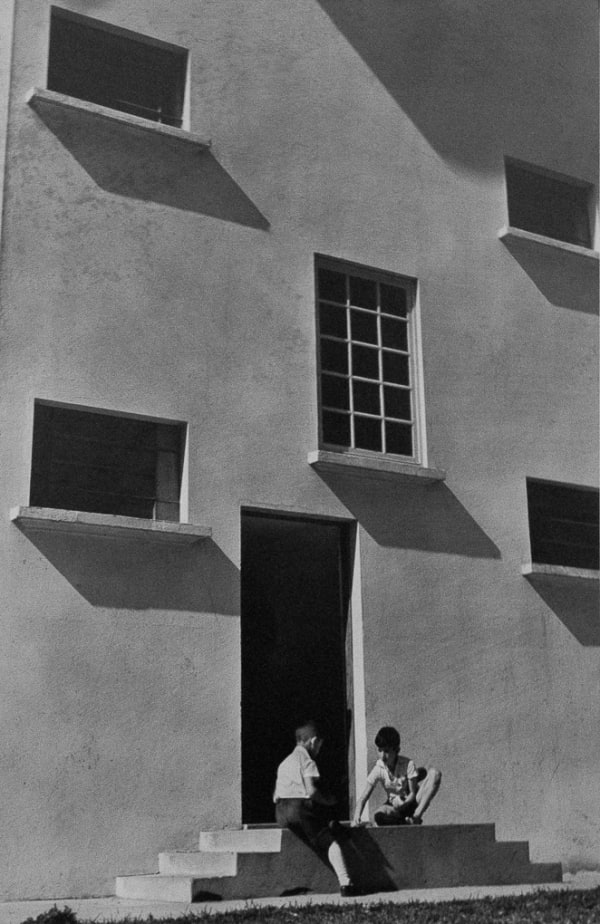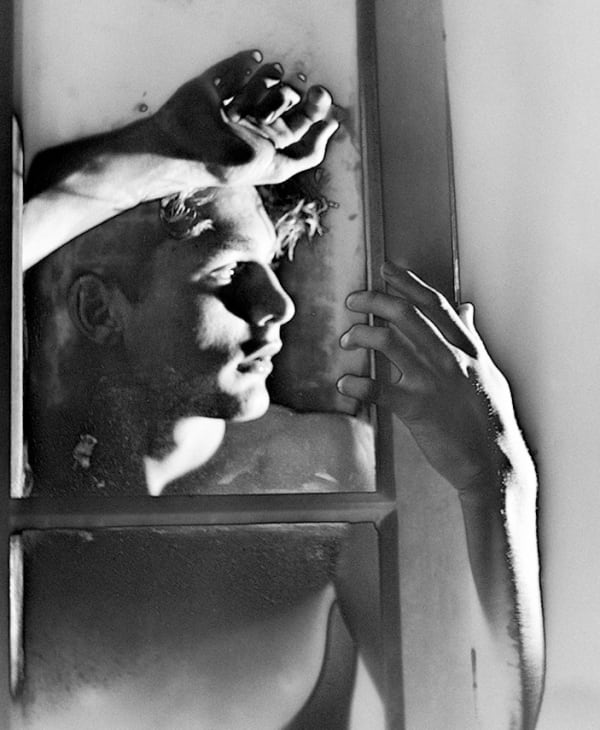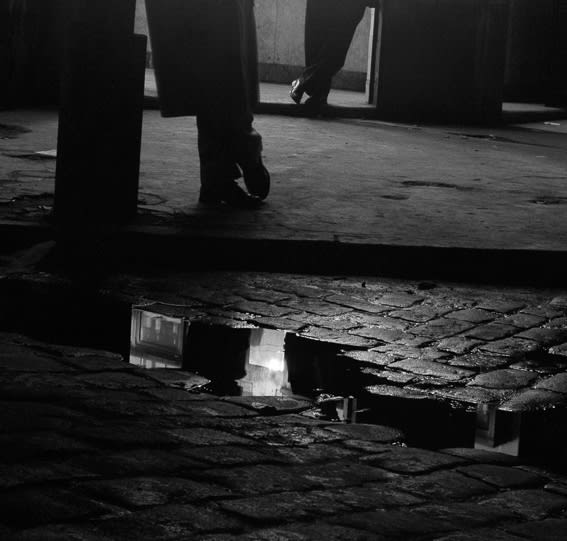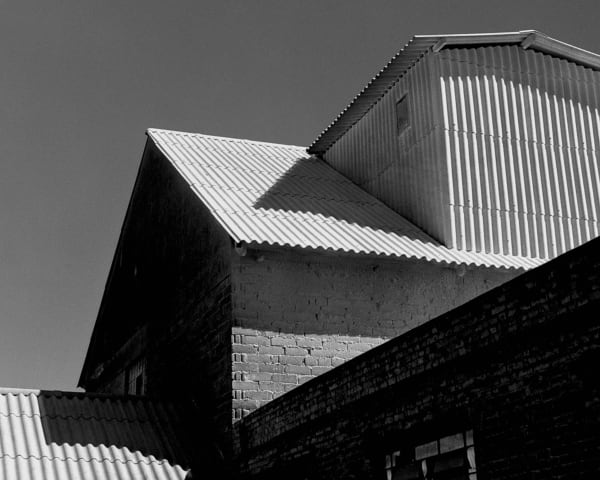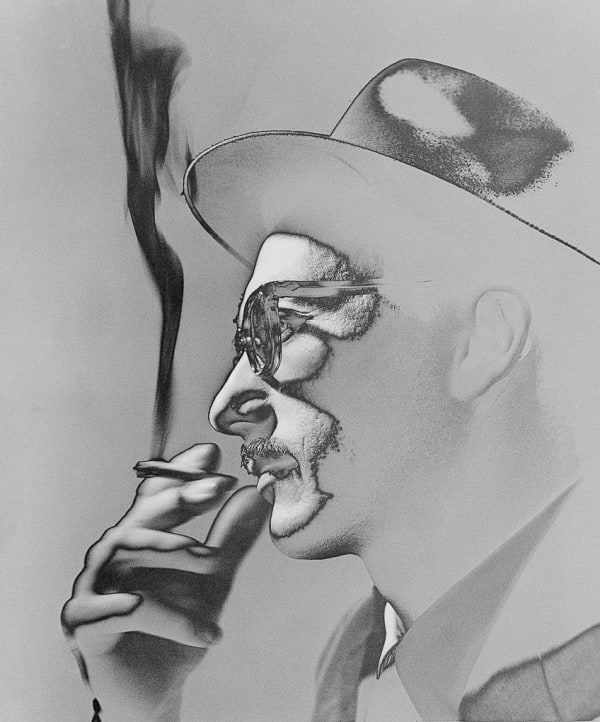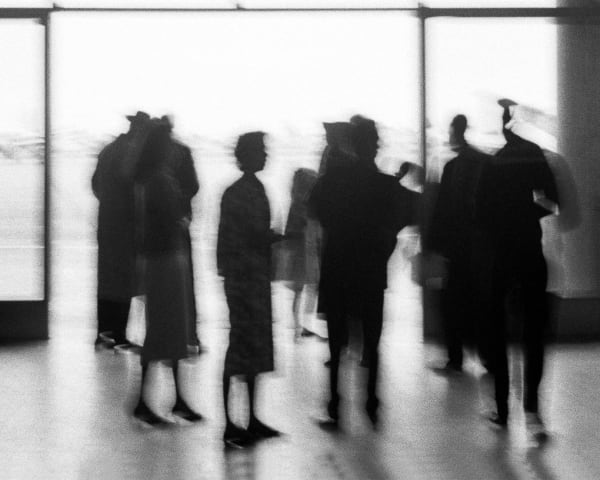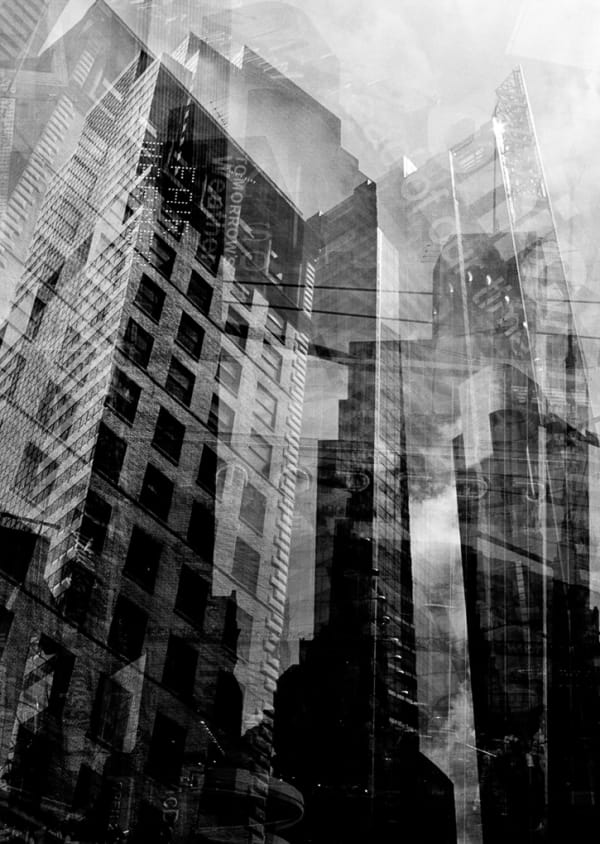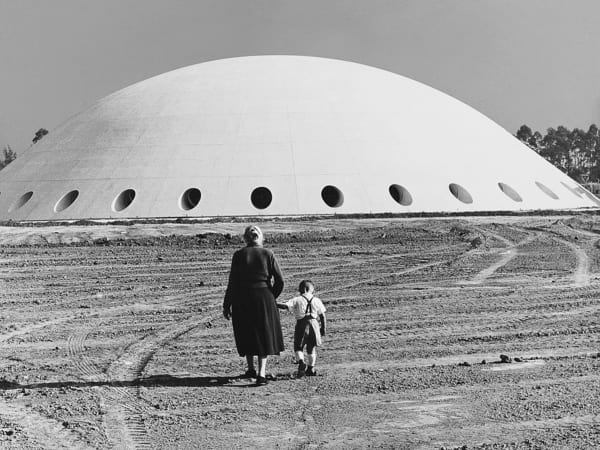-
GERMAN LORCA
Instinctively ModernGerman Lorca has always been, in essence, modern and attentive to the human element. Each and every photograph by him, invariably, had a story and circumstance behind it, sometimes the photographer himself or someone in his wide circle of acquaintance.
German Lorca was one of the greatest exponents of Brazilian photography. A photographer-turned-artist and an artist who chose photography as a language to tell his life and share everything that his eyes saw as captivating in the world.
German Lorca was born in Brás, São Paulo, in 1922, and was already photographing in the 1940s, even before joining Foto Cine Clube Bandeirante, in 1949. It was at the FCCB that he took a liking to photography and made friendships that reverberated in his work and career. He disaffiliated from the Club between the years 1951/52 to open his own professional photography studio, so he started doing his art as a profession and for pleasure.
Died on May 8, 2021, weeks before his 99th birthday, German Lorca left a nationally and internationally recognized legacy.
Since 2011, representing the period collection and contemporary production of Lorca, Utopia, together with German, Fred and José Henrique Lorca, sons of the photographer, was responsible for organizing and cataloging the Lorca collection, helping to expand the number of collectors of the artist in Brazil and abroad and expanding the recognition of the artist and his work in the most diverse phases of his career, providing reliable and accurate information about the photographs of Lorca available on the market.
Among his colleagues at the FCCB, German Lorca was one of the few to take up photography as a profession; his time at the club was relatively short compared to his more than five-decade career as a professional photographer. Despite his intense career as an advertising photographer, one of the first in Brazil, Lorca continued to photograph for his pleasure, outside of his commissions, making his own art. Over the three decades that followed his departure from Bandeirante, in the early 1950s, he kept a darkroom in his studio in São Paulo. During the sixties to the mid-seventies, German Lorca made his own prints and from this period are some of his most iconic images.
His work is present in the main public and private, national and international collections, such as MoMA-NYC, MAM-SP, MASP and Pinacoteca.
-
-
Foto Cine Clube Bandeirante
-
 German Lorca, À procura de emprego / Looking for a job, 1948
German Lorca, À procura de emprego / Looking for a job, 1948 -
 German Lorca, Apartamentos / Apartments, 1951
German Lorca, Apartamentos / Apartments, 1951 -
 German Lorca, Chuva na Barão, São Paulo / Rain at Barão, São Paulo, Brazil, 1952
German Lorca, Chuva na Barão, São Paulo / Rain at Barão, São Paulo, Brazil, 1952 -
 German Lorca, Le diable au corps / Devil inside, 1950
German Lorca, Le diable au corps / Devil inside, 1950 -
 German Lorca, Malandragem / Rascality, 1949
German Lorca, Malandragem / Rascality, 1949 -
 German Lorca, Telhados / Roofs, 1951
German Lorca, Telhados / Roofs, 1951 -
 German Lorca, Fumante / Smoker / Retrato solarizado, 1954
German Lorca, Fumante / Smoker / Retrato solarizado, 1954
-
-
After the FCCB
-
 German Lorca, Aeroporto de São Paulo / São Paulo Airport, 1965
German Lorca, Aeroporto de São Paulo / São Paulo Airport, 1965 -
 German Lorca, Antúrios / Anthuriums, 1960
German Lorca, Antúrios / Anthuriums, 1960 -
 German Lorca, Apartamentos / Apartments, 1951
German Lorca, Apartamentos / Apartments, 1951 -
 German Lorca, Chegada no aeroporto de Congonhas / Arrivals at São Paulo Airport, 1961
German Lorca, Chegada no aeroporto de Congonhas / Arrivals at São Paulo Airport, 1961 -
 German Lorca, Fair Warner, Nova York / Fair Warner, New York, 1978
German Lorca, Fair Warner, Nova York / Fair Warner, New York, 1978 -
 German Lorca, Mondrian, 1960
German Lorca, Mondrian, 1960 -
 German Lorca, Morandi / Morandi, 1970
German Lorca, Morandi / Morandi, 1970 -
 German Lorca, Oca, parque do Ibirapuera / Oca, Ibirapuera park, 1954
German Lorca, Oca, parque do Ibirapuera / Oca, Ibirapuera park, 1954
-
-
What's left when someone departs? Things, photos, deeds, memories.
From this list, allow us to share a memory.
The scene is simple, some would say, banal, but it was engraved on the retina even before it became a photograph. A man's left hand, thumb and forefinger holding the handle of a coffee cup and the other fingers gently folded in on themselves, and the course of that cup in the air, from the saucer resting on the table to the mouth of the man who used to always have a camera in his hands. From an early age, as babies, we human beings learn to look at the world also with our hands, essential allies of vision. The boy German Lorca made that way of looking his profession. This Saturday he would have turned one hundred years old and it is his hands, firm and delicate, that come to my mind now. For those who knew him, there would be no greater gift on this day than his young company at a bar table.
-
GERMAN LORCA: Instinctively Modern: 100 years-old of German Lorca
Current viewing_room

